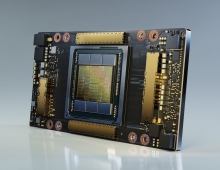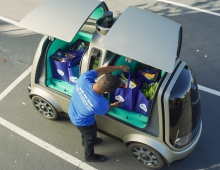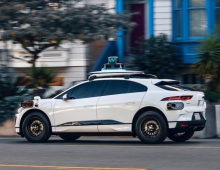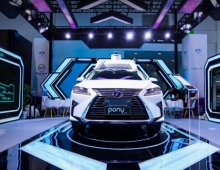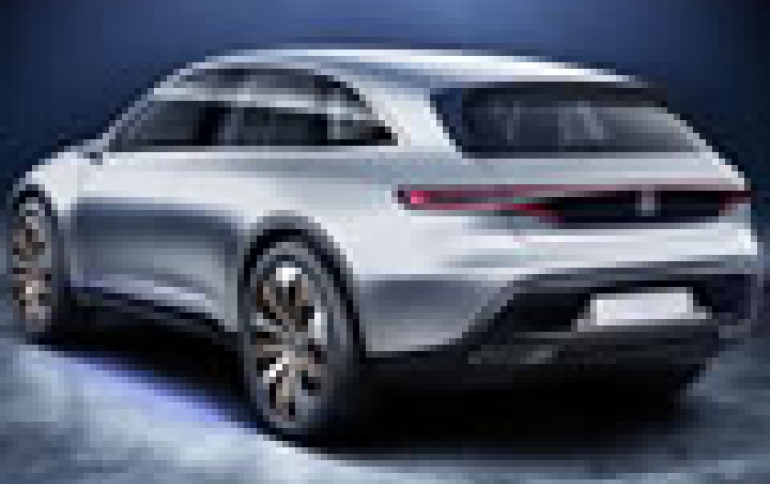
Automakers Showcase Their Electric Vehicles At 2016 Paris Motor Show
Automakers are showing off new electric vehicles and announce cooperations with tech companies, in order to respond to the Silicon Valley giants that have been developing autonomous driving systems. Starting with the new electric cars, Volkswagen on Thursday displayed the I.D. concept car, a battery-powered compact with a range of up to 600 kilometers it says will sell for about what a fully equipped Golf diesel does when a production version eventually goes on the market in 2020.

The Volkswagen Group plans to develop and build more than 30 new additional electric vehicles by 2025.
Volkswagen's Porsche is also showing off a hybrid version of the Panamera sports car. The Panamera E-Hybrid is the first of 17 new plug-in hybrids the Group will be introducing over the next two years.
Mercedes-Benz unveiled a new battery-powered SUV, in part a response to the buzz over electric upstart Tesla. The German automaker has revealed a new concept car that embodies its ideas about designing vehicles "based on an architecture developed specifically for battery-electric models." It's called Generation EQ and it's a streamlined, all-wheel drive, all-electric SUV.

The Generation EQ is featuring two electric motors, one on each axle, that can produce 300kW of power and last for as long as 500km (310 miles) on a single charge of the battery integrated into the vehicle floor. Mercedes also envisions fast charging solutions that will add 100 miles of extra range to the car from just five minutes of charging. Last but not least, the Generation EQ can go from 0 to 60mph in under five seconds.
Currently, most people don't buy electrics because they're more expensive, and because of limited range and places to recharge away from home. Diesel puts out more pollutants but is cheaper to operate and remains very popular in Europe.
Cooperation on connected car services
The automotive industry is trying to fight off the threat that Apple and Google represent to their brands with their autonomous car concepts.
Earlier this week, BMW , Daimler and VW's Audi announced they would launch new traffic monitoring services next year which give drivers a view of road conditions along their entire route, based on video data collected by their navigation mapping services firm HERE from sensors incorporated in other cars.
HERE's Dutch rival TomTom NV, on Thursday announced traffic data deals for truckmaker Volvo and carmaker Skoda, a VW subsidiary.
Germany's top automakers said this week they were teaming up with the telecoms network equipment makers Ericsson, Huawei, Nokia , Qualcomm and Intel to help with developing the next-generation 5G networks set to debut around 2020.
Besides the efforts related to connected car services, carmakers have also started talking about their plans to build self-driving vehicles over the next five years.
General Motors, Nissan and VW are experimenting with a plan to pull video data captured by their customers' vehicles using Israeli firm Mobileye's camera-based sensor system. The system could soon give automakers an edge over the likes of Google in the precision-mapping required for driverless cars.
On Thursday Renault said it was working with Google-owned mapping unit Waze on a Google Android Auto protoype for a navigation app that besides showing traffic conditions, will also identify 13,000 electric car-charging stations across France.
Some car companies are trying to develop their autonomous driving technology in-house, and some other are outsourcing it.
Fiat has recently announced a partnerhip with Google to build self-driving vans. Daimler, on the other hand, is in the camp of those auto makers who want to go it alone.
Other car makers have chosen to go both ways:
Volvo Car Group plans to develop autonomous cars with Uber Technologies, and General Motor's has been partnering with Uber's rival Lyft.

